Mariet Michaelian gave birth to her firstborn, Anna, on the day it was confirmed her father had been murdered.
Tateos Michaelian, who led an Armenian evangelical church in Tehran and had been an outspoken critic of the Iranian regime’s mistreatment of Christians, had gone missing four days earlier, and Mariet feared the worst.

“It was six months after Haik [Hovsepian]’s death, and we were terrified, reflects Mariet on the 25th anniversary of her father’s death. “We knew something is not right. He had received lots of threats, so we were waiting for that day. But you know, when the day comes, you don’t want to believe it.”
It was Mariet’s mother, Juliet, who first broke the news that her father was missing.
“My mum called me at night – it was Wednesday night, 10 o’clock,” Mariet recalls. “She called us and told us, ‘Dad didn’t come back.’ And it was so unusual because wherever he used to go, he used to let us know: ‘I’m going to this place; I will be back at this time.’ But on that day, when Mum was at our house, he left the house without any notice, and he didn’t come back.”
Over the next few days, the family searched everywhere for Tateos. They went to all the hospitals in the area, and even took a photo of him to the local police station. But it was Mariet’s brother, Galo, who eventually found him – in a morgue.
“They [the Iranian regime] were not expecting us to find his body,” Mariet says. “They didn’t return Haik’s body for several days, and they even buried him, but with my father, my brother found him in the morgue. So they had no other choice but letting us know that, ‘Yeah, we found him; he was killed.’”
But if the discovery of Tateos’ body was not part of the plan, there was surgical precision in the regime’s handling of the events of the following days.
“They told my brother not to let anyone know; they wanted to bring the news,” Mariet recalls. “So they came on Sunday and gave the news to my mum and the church.
“… And when it was his funeral, there were lots of secret-service people and police. They were checking every move. They didn’t let us open the casket; they were afraid of things happening. But there were lots of people there. It was packed. People from everywhere were there, because he was known as one of the heads of the Church in Iran.”
After the funeral, Mariet’s brother and a few of her father’s colleagues from the church were called to the Ministry of Intelligence, where they were told that the police had identified three women – members of the opposition MKO – as the killers.
Mariet, her mother and sister were then called to act as witnesses in the prosecution of the three ladies, though none of them believed they were the perpetrators.
“They called us one by one: ‘Do you accept that these people killed him? And do you want us to sentence them?’” Mariet recalls. “But, we knew that they didn’t do it. I knew that they were themselves victims, because back in those days they used to have these mujahideens cooperate with them, promising them that they would have a lesser sentence.
“So I told them that I know that God is the best judge, so I give everything to Him; let him judge the one who killed my dad.”
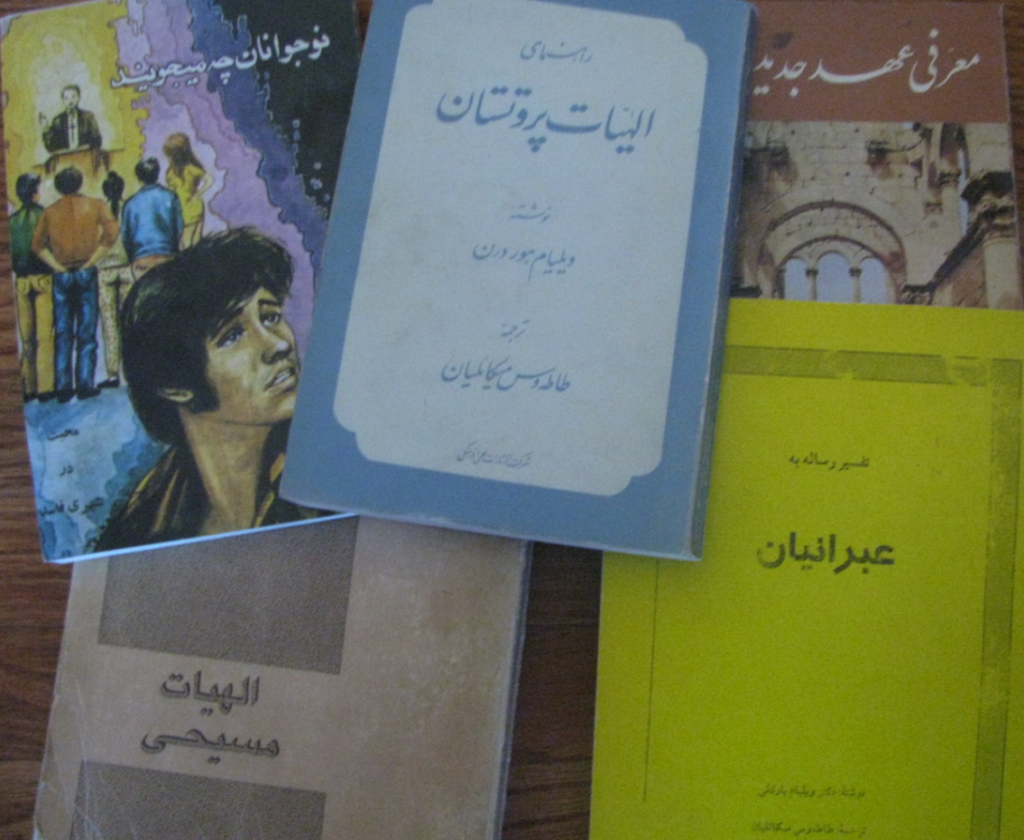
Tateos Michaelian, who was 62 when he died, was not only a pastor; he had also translated over 60 Christian books into Persian, had taken over from Haik as the acting chairman of the Council of Protestant Ministers in Iran, and previously served as both executive secretary of the country’s Presbyterian Synod and general secretary of the Bible Society before it was forcibly closed in 1990.
But it was not only his church activities that had brought him to the attention of the authorities; Mariet reels off a list of examples of times her father spoke out on behalf of Iran’s Christians.
“He was so outspoken,” she says. “His last trip, to Cyprus, in one meeting he talked about all the details [of persecution]. It was after Haik’s assassination, and he even told, ‘Now they have started killing our clergy’. When he came back, the person who went with him told him, ‘I’m 100 per cent sure that they will kill you… If they forget everything else you have done, just for this last thing you did.’ And it happened a few months later.”
Mariet says the first few days after her father went missing were “like hell, because I didn’t know he had been killed: I was thinking they are torturing him. So I was just praying that God will send him back, safe and sound, but it didn’t happen”.
But she says that in those “dark days”, what kept the family going was the support of fellow Christians, who she says were encamped in the family home for “maybe one month”.
Mariet also speaks of the “hundreds, maybe thousands” of letters and cards the family received from Christians around the world.
“You know, in those days you feel you are helpless; they [the regime] can do whatever they want with you; you don’t have anyone protecting you… Because they want to make you feel that you are a minority: ‘this is the end of Christianity; we are the majority; we are the best religion, and now this is your end’. But receiving those cards and letters just gave us a different perspective. It reframed our way of thinking. It helped us see that ‘no, God is in control’.”
“It was getting harder and harder for me, having had that experience,” Mariet says. “Every time my husband used to leave the house I was really worried … because back then we didn’t even have cellphones, so I had to just wait and cry until he comes back.
Mariet and her husband, Hendrik, served in her father’s church for several years after his death, but in the end she says the pain was just too strong, and in 2007 they relocated to the United States, where her husband pastors a church in California.
“It was really hard for me. Every call late at night used to make me really terrified – I still don’t like the calls late at night because I still have that trauma inside me.
“It was a hard decision; I was thinking, ‘I’m betraying the church my father used to serve’, but now, when I look back, I think it was a good decision.”

Mariet says that her father’s church, St. John’s, is still going strong – under the leadership of a couple her father mentored – despite ongoing challenges such as being forced to halt Persian-language services and ordered to hold services only on Sundays, a working day in Iran.
In 2014, Mariet’s mother, Juliet, was presented with a copy of a newly translated Persian Bible, the “New Millennium Version”, a collaborative effort known as the Michaelian Project in her father’s honour.
“He was truly a scholar,” Mariet says. “All he did was writing, reading, preaching. Till his last day, he was reading books of philosophy, thinking: ‘what will the next trend be in philosophy?’
“… When you feel that people still appreciate what he did, and remember him, of course you feel supported, you feel encouraged. My mother felt really supported and encouraged, because sometimes, after all these years, she thinks everybody has forgotten him, and her.”
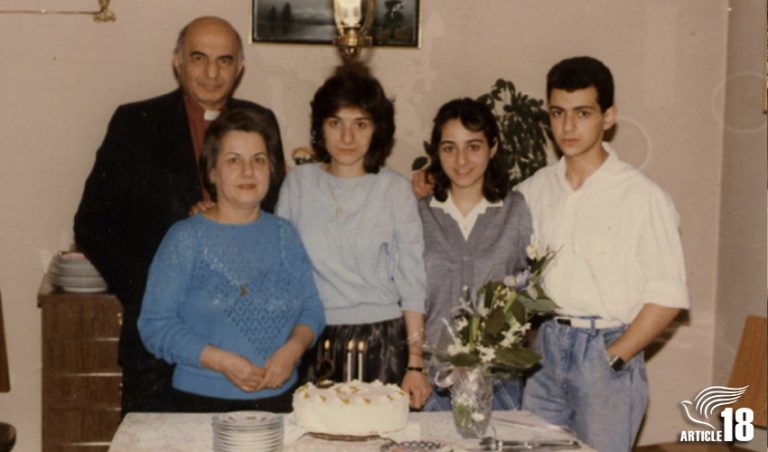
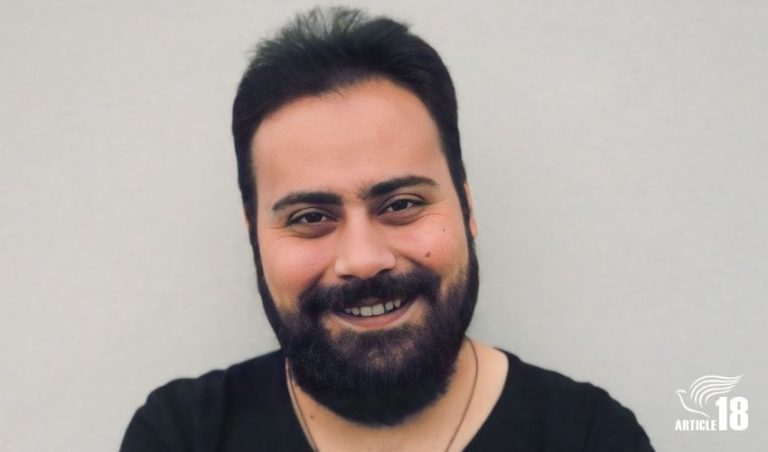
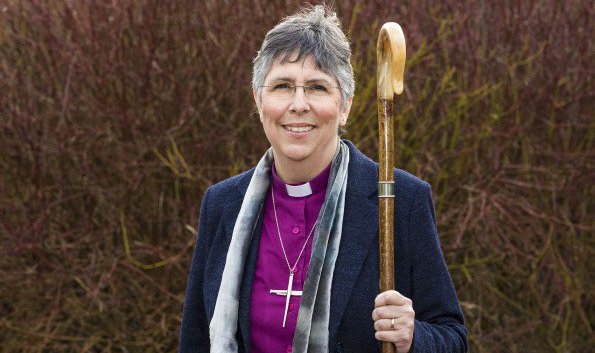
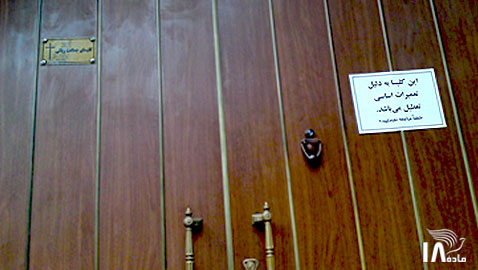
0 Comments
Trackbacks/Pingbacks